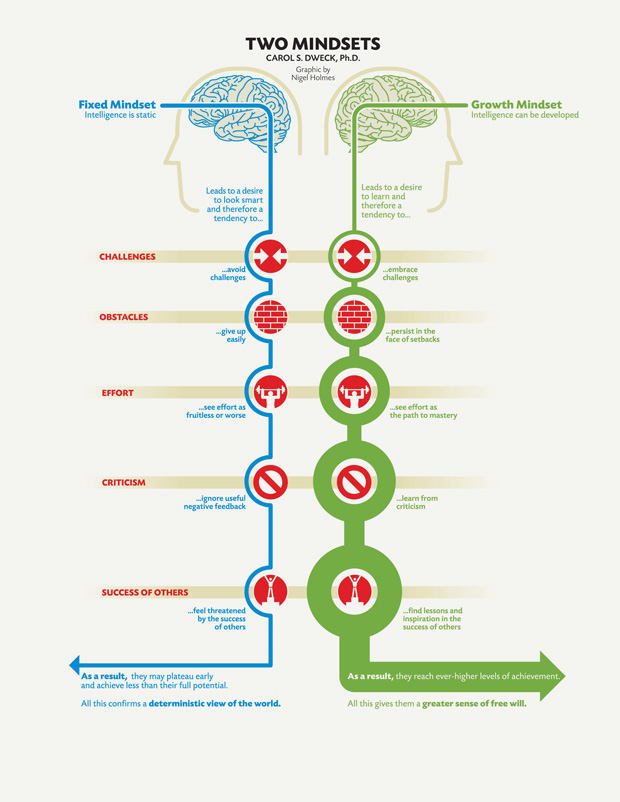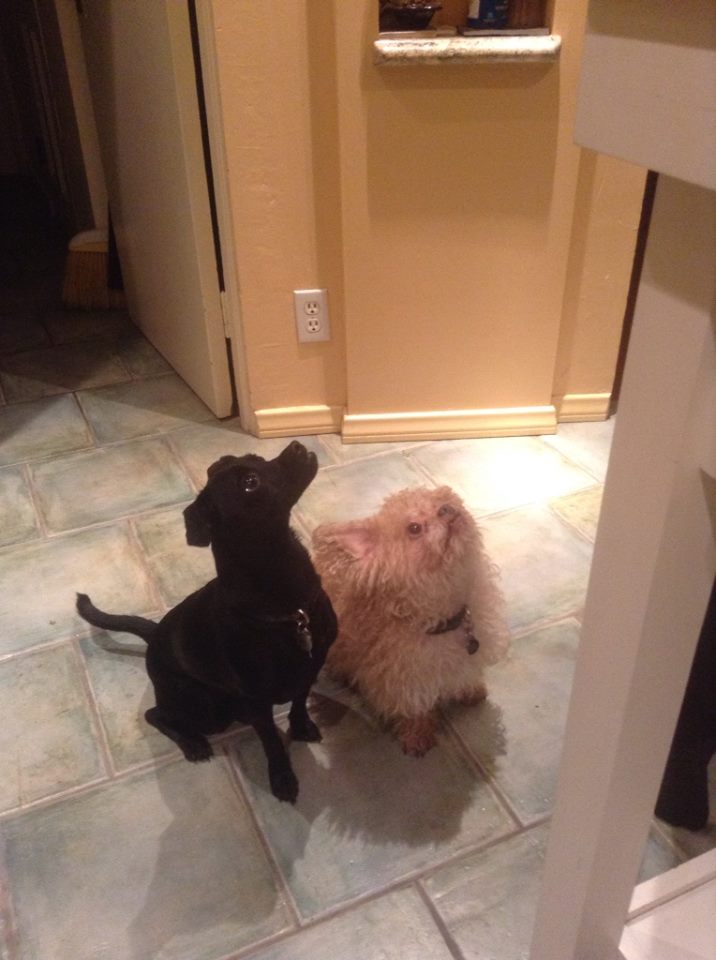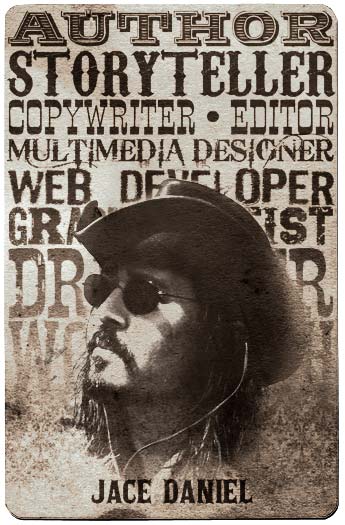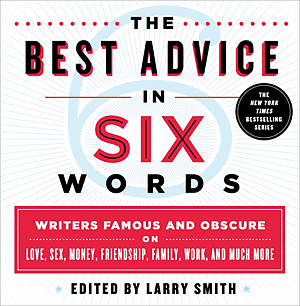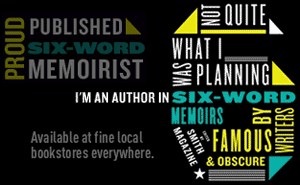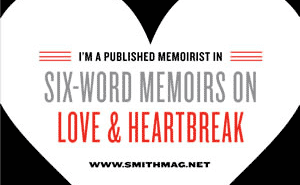Stanford psychologist Carol Dweck’s book looks at the power of our beliefs, both conscious and unconscious, and explores how changing even the simplest of them can profoundly impact nearly every aspect of our lives. She says it all comes down to two mindsets:
A “fixed mindset” assumes that our character, intelligence, and creative ability are static givens which we can’t change in any meaningful way, and success is the affirmation of that inherent intelligence, an assessment of how those givens measure up against an equally fixed standard; striving for success and avoiding failure at all costs become a way of maintaining the sense of being smart or skilled.
A “growth mindset,” on the other hand, thrives on challenge and sees failure not as evidence of unintelligence but as a heartening springboard for growth and for stretching our existing abilities.
Out of these two mindsets, which we manifest from a very early age, springs a great deal of our behavior, our relationship with success and failure in both professional and personal contexts, and ultimately our capacity for happiness.
It’s true; you might say there are two types of people in this world:
1. Those who avoid challenges, consequently underachieve, get threatened by the successes of others, and develop a cynical deterministic view of the world. Senseless entitlement is a natural extension of this.
2. Those who embrace challenges, position themselves for growth, get inspired by the successes of others, and develop a greater sense of free will.
Reminds me of an oldie:
There are three types of people in this world: those who make things happen, those who watch things happen, and those who just sit there and say, “Hey! What happened?“



